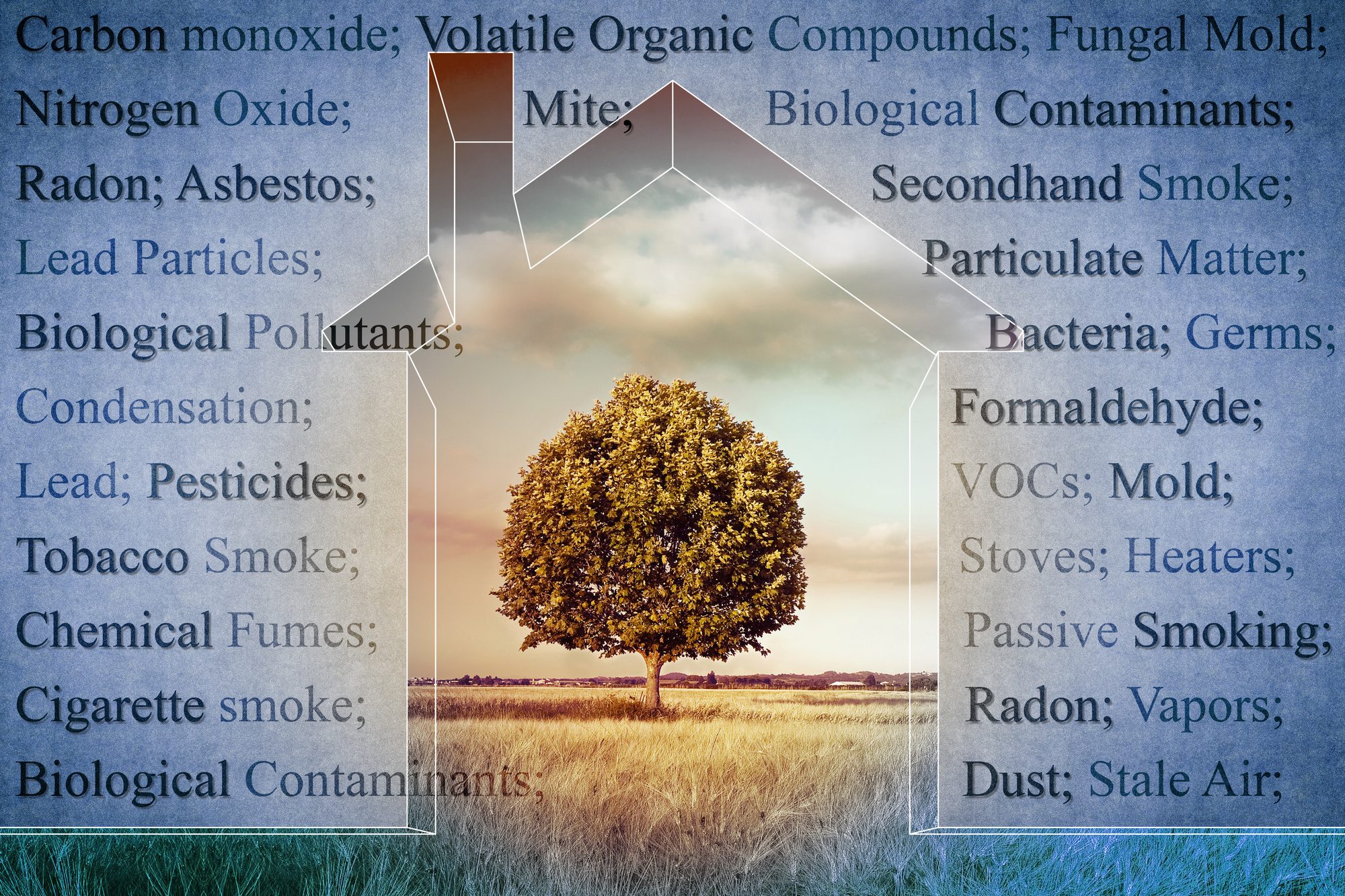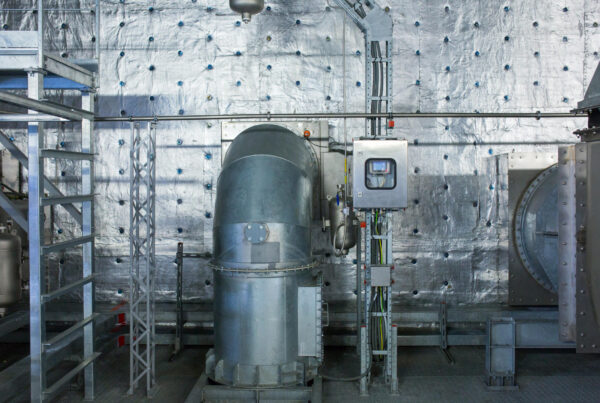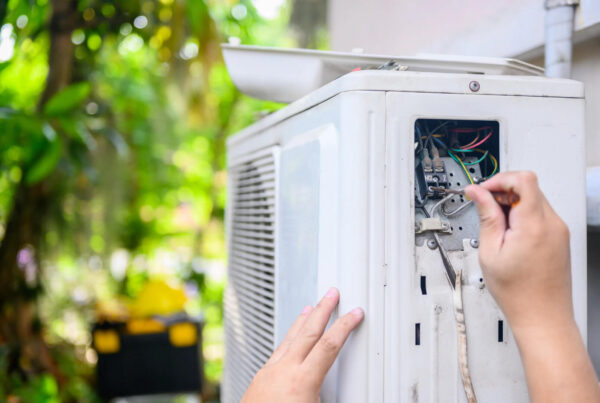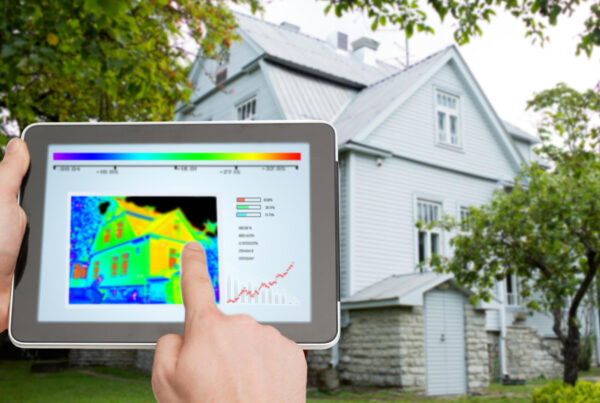Whether you’re a first-time homeowner or you’ve been maintaining your heating and cooling system for years, you may not know you have options when it comes to AC filters. Years ago, home improvement stores didn’t offer much more than the standard disposable filters. Today, you can choose from several different types of AC filters.
How do you know which one works best for your system?
Today, we’re taking the mystery out of shopping for AC filters. A minute of your time is all it will take to determine which one you should buy.
What Do AC Filters Do Anyway?
AC filters don’t do much. After all, they’re nothing more than cardboard frames filled with fibers. So you could probably even get away without ever paying attention to them at all.
All three of those statements are wrong!
Although many people take them for granted, the air filter in your home’s cooling system is critical to its ability to keep your home comfortable and the air you breathe clean.
The basic function of an AC filter is to trap dust, debris, and contaminants that circulate through your HVAC system. Without a working filter, you could end up with pollen, pet dander, lint, mold and mold spores, and even bacteria floating around in your indoor air.
By the way, if your system includes a furnace or heat pump, the filter is essential for that component as well.
Filter Size Matters
When you find yourself standing in the AC filter aisle, remember this—brand doesn’t matter nearly as much as filter size. If you go home with the wrong size filter, you’ll be heading right back to the store.
Standard sizes for AC filters are:
- 16” x 20”
- 16” x 25”
- 20” x 25”
If you have the owner’s manual for your system, you’ll find the filter size inside. Filter manufacturers make it even easier to shop for filters by printing the filter size on the cardboard frame.
Tip: Some HVAC companies give customers the option of ordering AC filters online or over the phone. Problem solved!
Your New Friend MERV
Another helpful tool manufacturers use is the MERV rating system. Getting to know MERV will help you choose the right filter based on how effectively different AC filters remove particles and contaminants from the air inside your home.
You’re probably assuming MERV is short for Mervin, but in this case, it’s not a guy’s name. In the HVAC filter world, MERV stands for Minimum Efficiency Reporting Value. It’s a rating system designed to indicate how well AC filters remove dust and contaminants from your airspace.
The American Society of Heating, Refrigeration, and Air Conditioning Engineers (ASHRAE) developed MERV. ASHRAE assigns a value ranging from 1-16 to every AC filter manufactured today. You shouldn’t have trouble identifying MERV ratings as they’re displayed prominently on the filter package.
The higher the MERV rating, the better the filter works at trapping harmful particles and contaminants.
Feeling Overwhelmed by the Many Types of AC Filters?
Determining what size filter you need takes a second. Figuring out which type of filter you should buy takes a little more effort (but not much).
Generally, home improvement stores carry the following types of filters:
- Disposable
- Reusable
- Pleated
- HEPA
The most basic—the disposable filters offer a decent solution for households on a tight budget. Disposable filters make a cost-effective choice. There is a caveat, and we’ll talk about that in the next section.
In the meantime, with a MERV rating of 1-4, the disposable filters and their counterparts, the reusables, won’t help if you have household members with respiratory health conditions. They also aren’t effective against most other contaminants.
What Is Wrong With Disposable AC Filters?
If you have allergies, pets, or smokers living in your home, disposable or reusable AC filters may be a disappointment. They won’t trap and hold all the allergens. They also can’t trap fine particles such as pet dander, mold, dangerous fumes, or bacteria.
Why not move up one step to a pleated filter and gain a few more benefits?
Pleated AC Filters
Pleated filters probably won’t deliver a heavy impact on your wallet as they’re relatively affordable. What they will do is filter out more contaminants. It’s all about the MERV rating.
With a MERV rating of 5-13, these filters trap roughly 45% of airborne particles. It’s possible to find pleated filters in a high-efficiency version. Those that have a MERV rating of up to 16 will filter out contaminants at a level of about 85%.
If you’re looking for AC filters for allergies or AC filters for pets, go for the pleats!
One thing to know is that pleated AC filters don’t work in all AC systems. If your owner’s manual isn’t specific, call a heating and cooling company and ask for clarification.
Improving air quality when using pleated filters vs. disposable or reusable filters makes it worth the slightly higher cost.
Do You Need a HEPA Filter?
Short for high-efficiency particulate air, HEPA filters offer the greatest impact in the war against dirty air. The thick pleated material allows a HEPA filter to remove airborne particulates at a rate of 99% and higher. Further, HEPA filters trap particles smaller than 0.3 microns.
Install a HEPA filter, and you can keep nearly all airborne toxins out of your indoor air. Sounds amazing, right?
The truth is, because of their design, in-duct HEPA filters create air restriction at a level most residential AC systems cannot overcome. Residential air conditioners typically don’t produce adequate airflow for such a big job.
If HEPA filters interest you, talk to your HVAC technician about installing an external HEPA filter.
Have More Questions or Need Service?
We hope reading this article removed some of your stress over deciding which of the different types of AC filters will work best in your HVAC system. Cost, MERV rating, and the lifestyle and health conditions of people in your household all come into consideration when it’s time to buy a new filter.
If you’re still not sure which AC filter to install, or if you’re secretly wondering how often do I change an AC filter? —let the experts at GUY’s Air Conditioning and Heating help. We’ve been taking care of residential and commercial HVAC systems for over 35 years!
Reach out today for answers to all of your AC filter questions or to schedule HVAC service!





